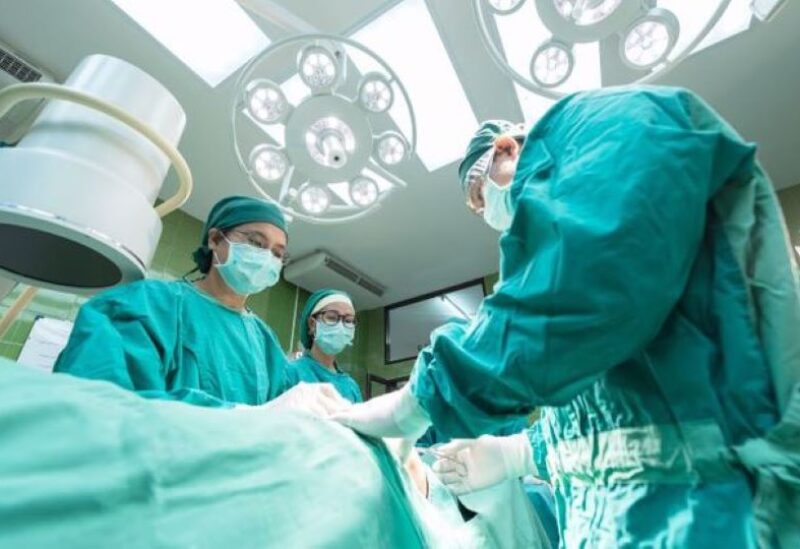
Surgeries after Covid-19 infection
Regardless of a backlog of normal surgeries, NHS hospitals are being recommended to postpone elective surgical treatments for at least seven weeks if a patient has recently received Omicron.
It’s a precaution, according to UK specialists, because the first few months after an infection are riskier, and have been associated to a slower post-operative recovery.
However, in some cases, the surgery may be deemed urgent enough to proceed.
Patients should have had all of their Covid vaccinations, if possible.
Experts in surgery and anaesthesia, including two Royal Colleges representing those professions, have issued the advise.
The suggestions, which were published in the journal Anaesthesia, say that the goal to reduce waiting lists and backlogs must be balanced with providing the safest care possible.
In England, there are about 6 million patients on NHS waiting lists. That’s one out of every nine people.
And one in every 20 of them has been waiting for more than a year for regular care such as knee and hip surgery.
Despite releasing a plan to address England’s care backlog, ministers have already warned that the waiting list for hospital treatment will not begin to reduce for another two years.
According to the most recent expert advice on routine surgeries, you should:
Elective surgery should not be performed within 10 days of a confirmed Covid infection, primarily because the patient may be contagious, putting personnel and other patients at risk.
According to experience, operations performed within six weeks of an infection – even if asymptomatic – have a higher risk of catastrophic repercussions for the patient.
The information is based on what was accessible before to the Omicron surge. Experts are presently gathering more evidence on this variety and say they will loosen the criteria if possible, citing the possibility that Omicron is less severe, in part due to people’s immunity from immunizations and previous infections.
“The frustration felt by patients is great, and we – the healthcare professionals – want to perform our jobs and deliver these services when it is safe to do so and the risks are evident to all involved,” said Dr. Mike Nathanson, president of the Association of Anaesthetists.
“We expect fresh data to become available soon that will help to explain the situation now that the Omicron variant is prominent and the majority of patients have been immunized.”
Prof Duncan Summerton, one of the co-authors and president of the Federation of Surgical Specialty Associations, believes that patients and doctors should have “full and candid discussions” about whether to delay or proceed with surgery.